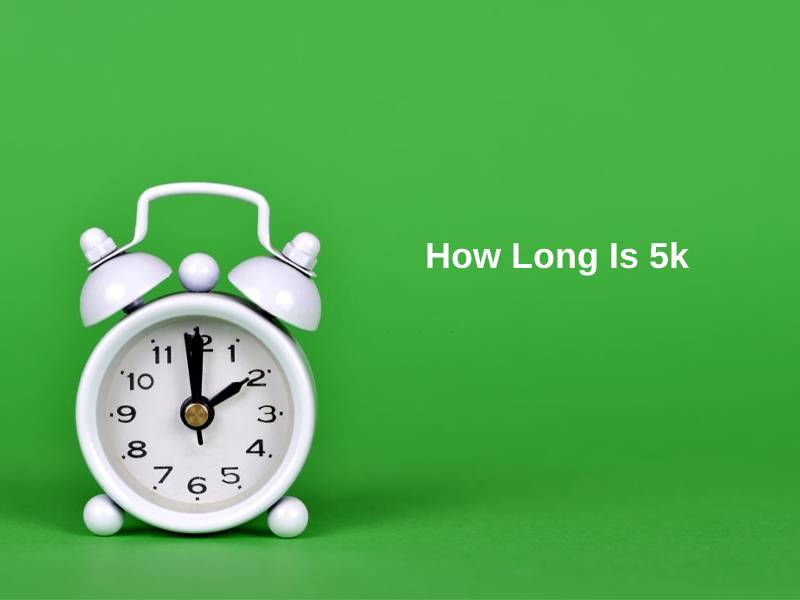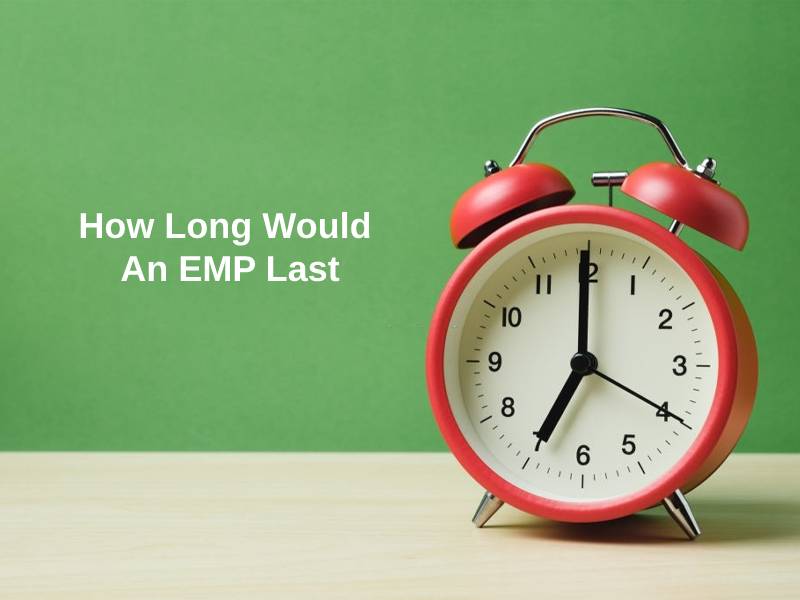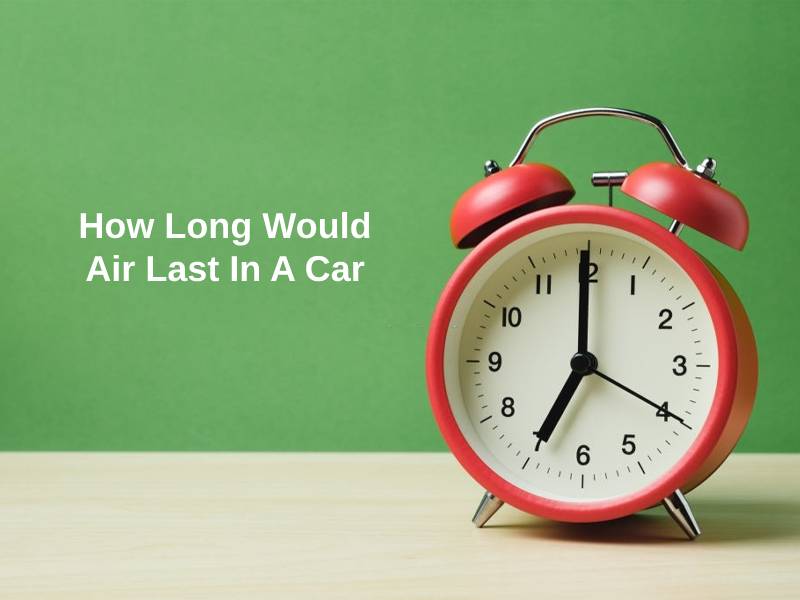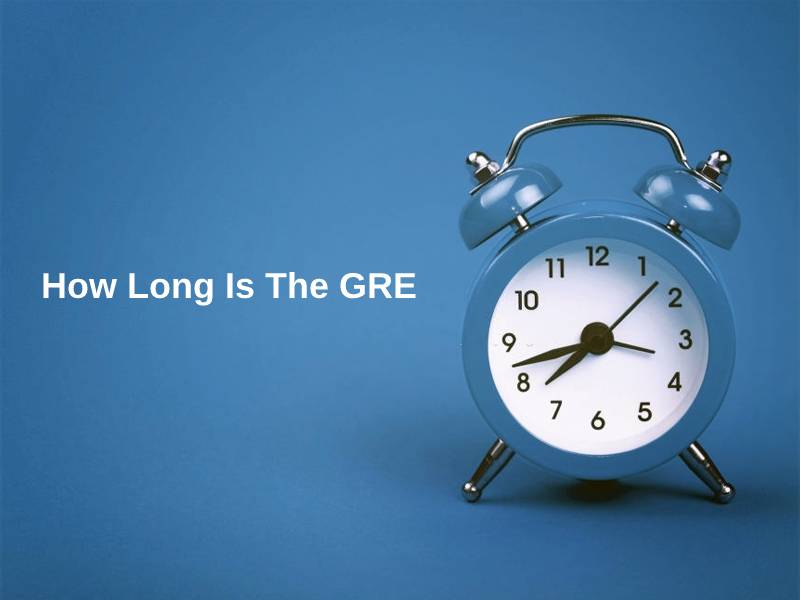Exact Answer: 2 Weeks – 3 Months
Smoking can be defined as the act of burning a tobacco-containing substance and inhaling the resultant smoke. This smoke is absorbed into the bloodstream. This practice is one of the most common forms of recreational drug use. Smoking could be done with pipes, cigarettes, cigars, bidis, hookahs, etc
However, it should always be remembered that generally, smoking has extremely unfavorable effects on the human body. It is extremely detrimental to health as it can cause various diseases like lung cancer, heart attack. mouth cancer, etc.
Thus, if one is trying to quit smoking, one would notice that coughing would happen more than before. This happens as the mucus is trying to get cleared from the lungs which causes one to cough up more phlegm after quitting smoking.
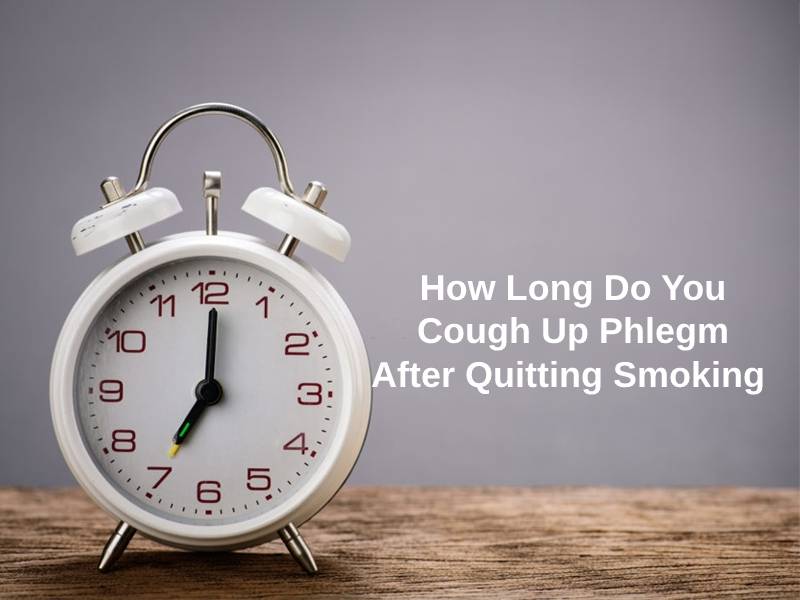
How Long Do You Cough Up Phlegm After Quitting Smoking?
| Conditions | Duration |
| Severe headaches, moodiness, and irritability after quitting smoking | 3 – 5 days |
| Coughing up phlegm after quitting smoking | 2 weeks – 3 months |
As smoking is the practice of burning a cigarette or similar substance and inhaling, its smoke can impact one’s health and particularly one’s lungs in an extremely adverse manner. Thus, this being a harmful habit is always advisable by doctors to be quit as soon as possible to minimize the harmful effects on one’s body.
However, when one tries to quit this harmful habit, one would experience certain side effects on the body as it is trying to heal after being under the influence of tobacco smoke and thus, the recovery after quitting smoking takes time.
As it is the lung that gets most affected due to smoking, they are the ones that start healing right away when one quits smoking for good. Thus, as advisable, quitting smoking sooner or later is extremely beneficial for one’s health and could assist one in living a healthy and fulfilling life.
For improving one’s overall health, quitting smoke is one of the smartest decisions. However, the process of healing after smoking is time-consuming. Recovery would not happen in a day but could take several weeks or even months.
A smoker’s lungs start healing right from the moment the last cigarette is smoked. However, when one has stopped smoking, one might cough up more phlegm. Phlegm is nothing but mucus that is a bit thicker than normal which is coughed up from the respiratory tract which is a cue of inflammation and irritation.
This unusual coughing is temporary and can be considered as a sign that the body is healing from the harmful effects of smoking. Generally, this coughing could go on till 2 weeks or even 3 months depending on how one’s body reacts to the positive changes happening inside.
Why Do you Cough Up Phlegm For So long After Quitting Smoking?
To understand why one coughs more than usual after quitting smoking, one first needs to know what happens tobacco smoke enters the human body. In smoking, the smoke that results from the burning of the tobacco product slows down the normal movement of the tiny hairs called cilia.
Cilia help in the movement of phlegm or mucus out of the lungs. Thus, when one quits smoking, the negative effects on cilia get reversed and those tiny hairs become active again. This can be seen as the first sign of healing after stopping smoking.
When a person smokes for a certain period, tobacco smoke enters the lung, and phlegm gets accumulated in one’s lung. However, when a person decides to quit smoking, the cilia which are in the process of recovering helps in clearing the stockpiled phlegm out of one’s lungs. This causes a person who has recently quit smoking to cough more than usual.
This type of cough, also accompanied by shortness of breath, can last for a few weeks to several months. Generally, this begins to improve within a month but for some people, it could take up to one year after quitting smoking to stop coughing.
Conclusion
One should remember that coughing phlegm after quitting smoking is normal and happens because the body is in recovery mode and is healing from the inside. Quitting smoking can potentially reverse years of damage caused by smoking on one’s lungs and overall health. Thus, the internally accumulated phlegm being cleared out from the lung’s system causes one to cough more than normal.
This coughing up of phlegm can last for the different duration for different people. Usually, it is observed that this excessive coughing can last for 2 weeks to 3 months. However, one should immediately seek consultancy from one’s doctor if such coughs persist longer than usual or if one coughs up blood as it might signify some serious underlying issues.













